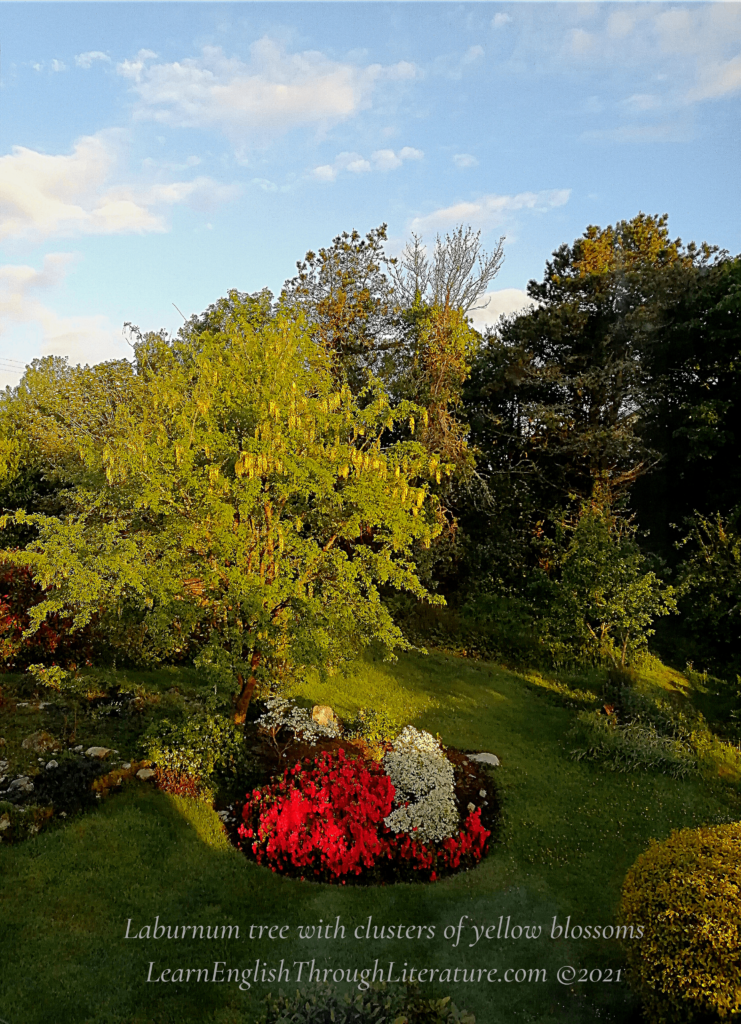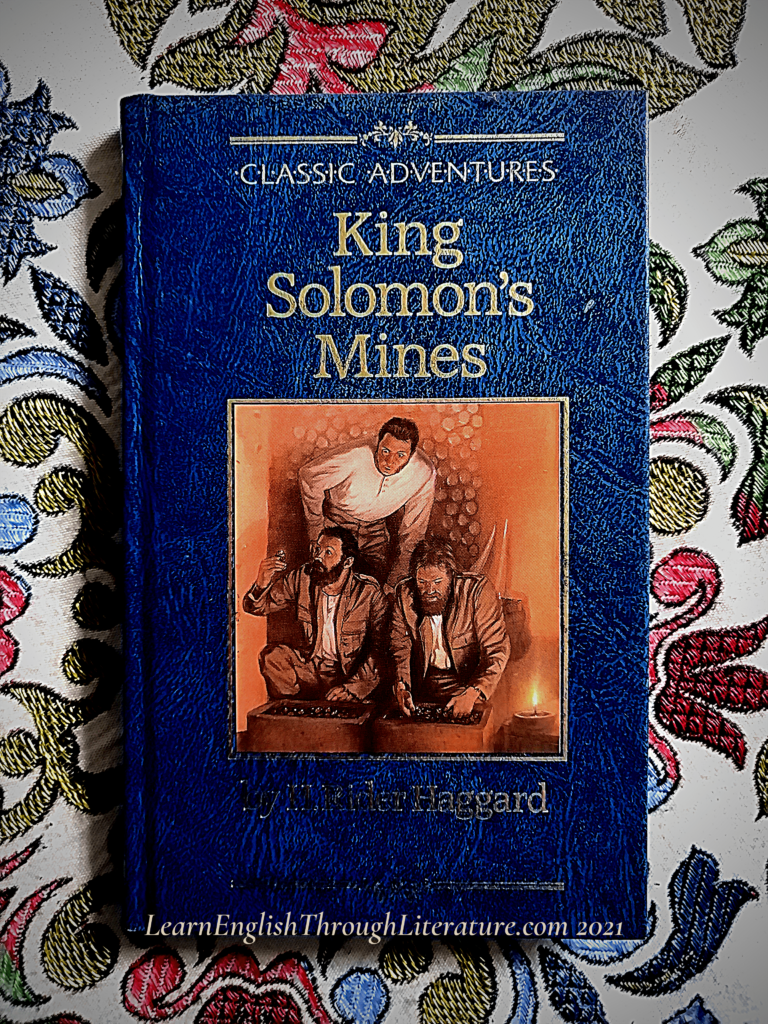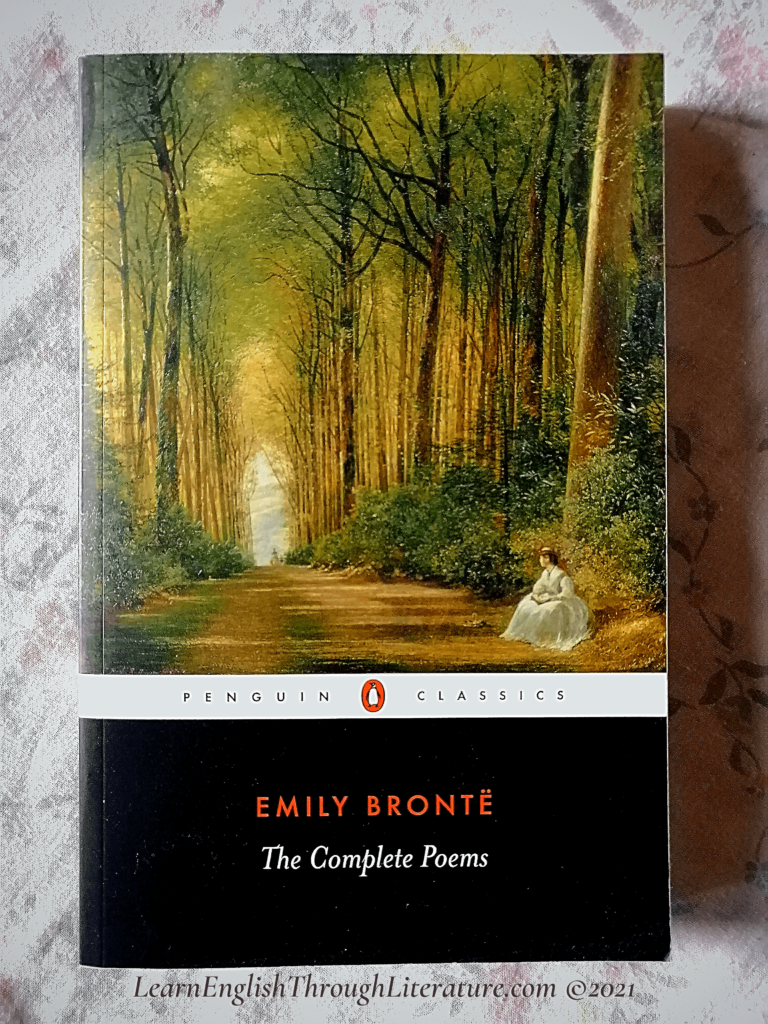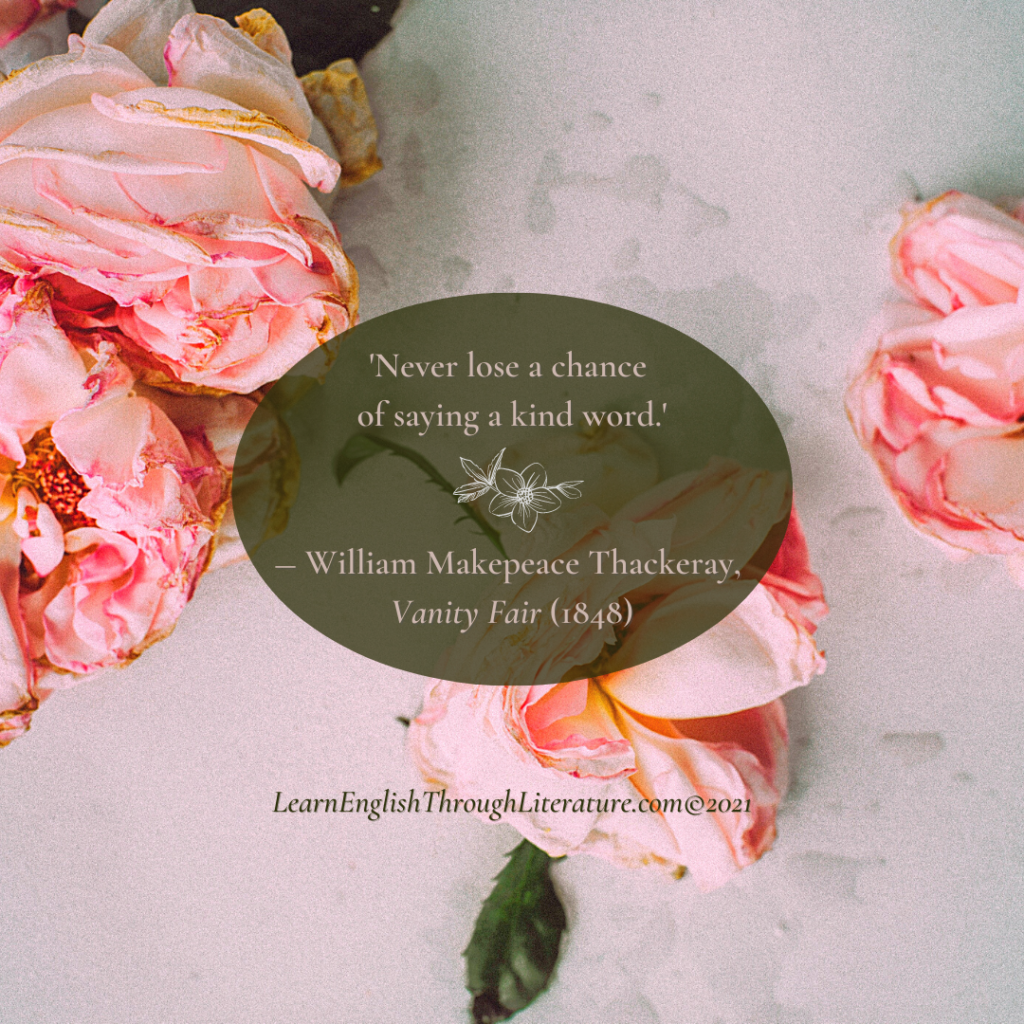Lesson #272: Common Issues for Hebrew Speakers studying English (Part 2)
Welcome to Part 2 of our Lesson in which we look at some passages from Anthony Trollope’s wonderful short novel, Nina Balatka (more on it in Part 1) as well as several challenging points for Hebrew speakers learning English. … 📝 #6 ‘CONGRATULATIONS’ (vs ‘good luck’) for ‘mazaltov’ מזל טוב Perhaps one of the most […]
Lesson #272: Common Issues for Hebrew Speakers studying English (Part 2) Read More »






